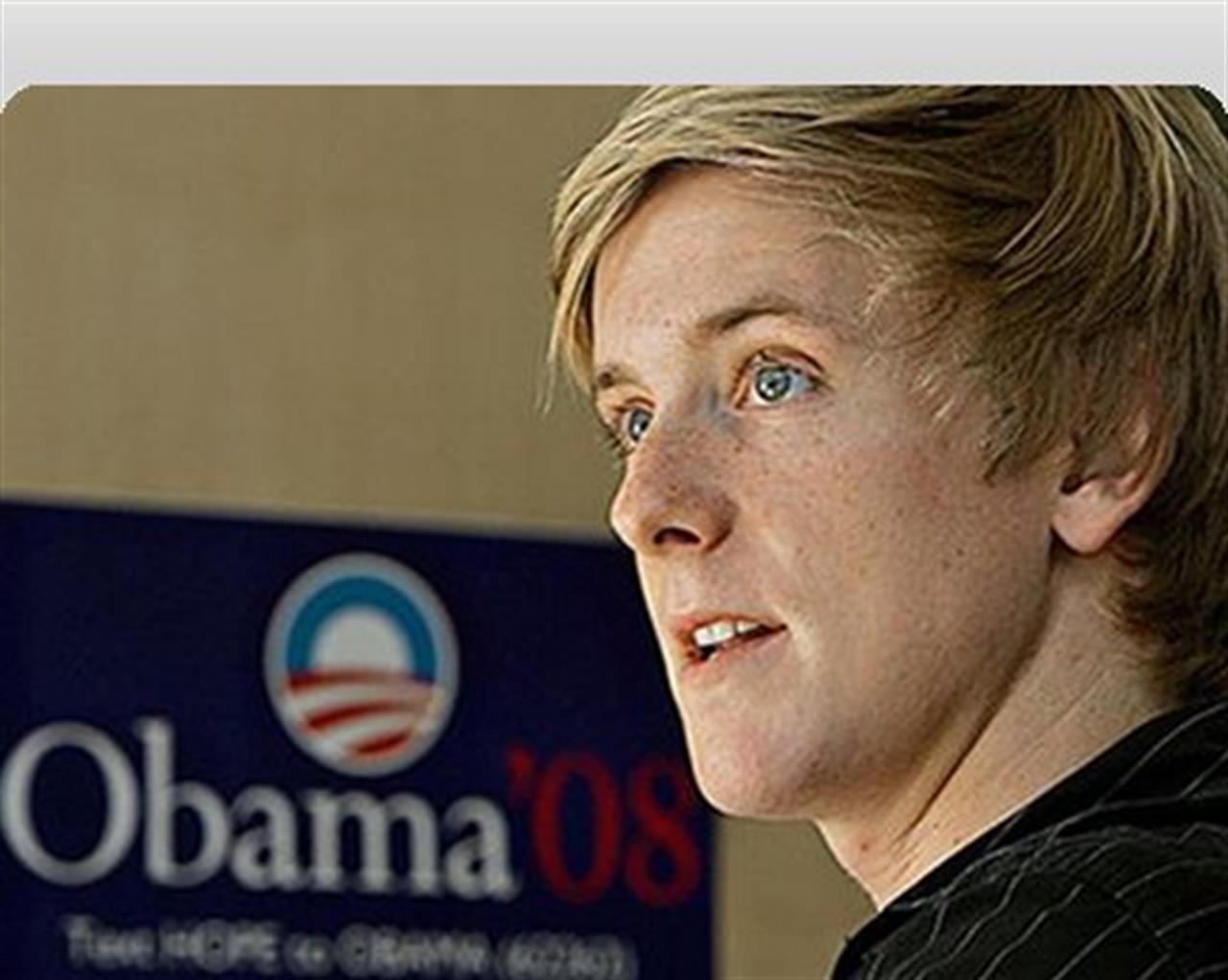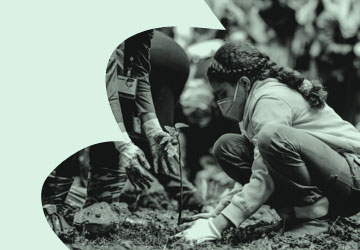Cooperazione & Relazioni internazionali
Jumo: Facebook’s new rival
A social network for activists that promises to be better than the rest. If Obama's online campaign is anything to go by it will be.

Global activists are being called to unite online, but this time isn’t because of the climate talks in Cancun or a G8 summit. Internet wiz kid Chris Hughes, the 27 year old who led Barack Obama’s internet campaign, is asking activists across the world to join his brand new social network.
Jumo, which was launched on Tuesday, aims to become the social network for social activism and provides users with a Facebook-style website where they can follow, interact with, share and donate to charities of their choice. The similarities between Jumo and Facebook come as no surprise as Hughes not only shared a room with Facebook’s Mark Zuckerberg at Harvard but also helped him found what has now become the world’s most famous social networking site.
The difference is that whereas on Facebook people engage around things like kittens and children, on Jumo people will be inspired to comment, ask questions, post stories and “hang around” issues like the environment, poverty and human rights and the non profit organisations campaigning to promote them. “The idea is to help people discover causes that matter to them and their friends and over time to deepen their ties to those causes,” says Hughes.
The idea isn’t a new one and there are already a host of do-good websites where people can access information about NGOs and donate to them online – Causecast, Causes, Razoo, Justgiving, Firstgiving, DonorEdge, Idealist, LeapAnywhere to name a few. But Hughes is adamant that Jumo, which in the African Yoruba language means “together in concert”, is not like them. In a recent interview he explained that he wanted to avoid the classic feeling that a lot of people have when they start talking to a non profit, the feeling that all the organisation wants is your money. Jumo’s goal is to inspire people to do good by making the world of non profit organisations more accessible, intimate, trustworthy and familiar because, says Hughes, “sustained giving happens only after you get to know an organisation”.
So how does it work? To sign in to Jumo’s Beta version, which will be online until all bugs have been dealt with, you’ll need a Facebook account. Then you choose the fields you are interested in and select the NGOs you want to follow – there are already 3,500 organisations, most of them based in the US, to choose from raging from the Sierra Club and Global Voices to the Youth Justice Institute, Ecpat International and the San Francisco Museum of Modern Art. From this point on the world of Jumo is your oyster and its up to you to customise your experience according to your likes, your interests and your degree of involvement with the causes.
Jumo is itself a non profit organisation. It is run by a staff of eight in New York and its starting capital of 3.5 million dollars was raised thanks to the support from the Ford Foundation, the Knight Foundation and allegedly some of the Facebook family members. In the future Jumo will support itself through sponsorships and by promoting organisations on their website.
The online response to Jumo has been good so far, so good that hours after the launch the site almost crashed. Jumo staff wrote in their blog that: “While we anticipated great interest we’ve seen an unbelievable response from people in countries around the world. This is beyond our wildest dreams”.
Steve MacLaughlin, director of a company providing services and technology to non profits called BlackBaud warns that “it still isn’t clear whether followers translate to volunteers and donors”. Online giving in the USA is not big, and in 2009 only 6% of the 300 billion dollars donated to charity were submitted online. “But,” adds MacLaughlin, “people that are more engaged with non profits are most likely to become a donor or support them in another way”.
Will Jumo have an impact on the amount of good deeds being done? To find out we will have to see whether more than 6% of American donors choose to give online next year.

